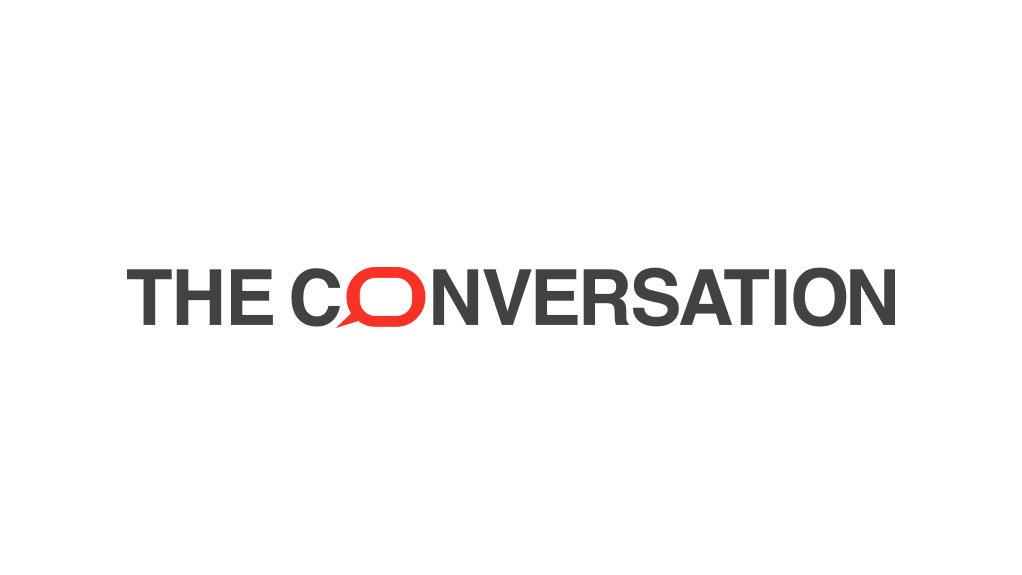![]() South Africans are still to see what the new dawn promised by its President Cyril Ramaphosa will bring, or if it will even break. Long jail sentences for those that have looted the country would be a good thing. But it’s not yet clear if that will happen. One thing, however, is clear; there is going to be a harder line on non-payment.
South Africans are still to see what the new dawn promised by its President Cyril Ramaphosa will bring, or if it will even break. Long jail sentences for those that have looted the country would be a good thing. But it’s not yet clear if that will happen. One thing, however, is clear; there is going to be a harder line on non-payment.
The bankrupt state electricity company, Eskom, is increasingly cracking down on illegal but widespread non-payment for electricity. The problem is that this informal subsidisation is now integrated into household budgets. Tackling non-payment will remove a mechanism that dampens levels of anger in one of the most unequal societies in the world.
A range of goods and services are clandestinely ‘discounted’ in post-apartheid South Africa. Metrorail passengers ride mangober (without tickets), TV licences are optional, municipal rates bills are ignored, and izinyoka help themselves to Eskom’s services without paying.
Izinyoka is Nguni for snakes. It’s a name for those stealing electricity, a term popularised by an attempt by Eskom to curb electricity theft. The slur is ignored. Whether it’s illegal connections from street lights, tsipilwe (bridged) meters, ‘ghost coupons’ selling at a fraction of Eskom’s tariff, or sophisticated house re-wiring with power-heavy appliances bypassing the meter, the township home that pays for electricity in full may be the exception.
A clandestine system of transfer payment, with roots in apartheid-era boycotts, has developed into routine behaviour on which many family budgets now depend. I have observed how these various forms of non-payment have evolved into an informal transfer programme over the last 20 years of researching and residence in townships in Gauteng and the Free State provinces. It works as a supplementary to official subsidies and social grants to assist the poor.
But it also has socially damaging effects, beyond the strain on the budgets of the state, municipalities and state owned enterprises. It is inequitable with the size of transfers dependent on pluck – not need – and it is demeaning as beneficiaries must break legal and moral codes and then conceal these transgressions.
It also densifies the networks of everyday corruption. Eskom’s attempts to check meters rarely achieves much, but rather opens up another layer of transfers: a bridged meter or an improbably high number of displayed units for which no receipt can be produced will be overlooked for a ‘cool drink’, the ubiquitous euphemism for a bribe.
Mitigating inequality
This shadow system of redistribution has, partially and unevenly, mitigated South Africa’s inequality, but the country is running out of road. The unwilling ‘sponsors’ of these transfer systems have their own bills to pay. Ramaphosa used his State of the Nation speech in Parliament to ask the small fish to pay up, explaining that:
Failure to pay endangers our entire electricity supply, our economy and our efforts to create jobs. The days of boycotting payment are over… So, we call on all our people who use electricity to pay so that Eskom can be able to deliver.
He has just repeated this message, calling on “residents in non-paying areas to join the rest of the country to help make Eskom the world’s ‘lowest unit cost’ producer once again by paying for electricity”.
But for many, paying electricity and other bills in full is not possible. It’s easy for a family to go through R20 of electricity a day. In winter it’s hard to not. That’s R600 a month, less an indigent allowance of between 50 and 100 kWh which would otherwise cost between R34.50 and R69 on Eskom’s tariff. If someone is managing on an old age pension (R1,780), grants for children younger than 18 (R420) or on the Extended Public Works Program (R1,850) that’s not affordable. It’s not much better if the family breadwinner is being paid the minimum wage of R3,500 a month, minus transport costs.
Let’s rephrase that; mathematically, R500-odd a month is affordable unless there is absolutely nothing coming into the household, but to pay Eskom in full something would have to be sacrificed. In January it could be the children’s school shoes. The cheapest pair from a low cost retailer would be around R100 and the sports shoes R125. Two children: R450 saved. That would almost do it. And there are still 11 more sacrifices before year’s end.
Such sacrifices will follow racial lines. The vast majority of those who can’t pay are Africans. Statistically, the average white household earns five times that of African households. The likely profiling of poor, therefore primarily African or Coloured communities, in this crackdown should give cause for concern.
Much as the system of informal subsides is illegal, given the looting of Eskom from above, it is easy for smallanyana (very small) thieves to justify their transgression. But the sticking point is not the moral arguments: it’s the money. The bitterest conflicts are those fought over what has already been won. Expect resistance.
Recent high-profile promises to curb politicians’ extravagance are to be welcomed in showing leadership. But these symbolic acts of restraint are running alongside an assault on the system of subsidies which, along with social grants, have shielded the country from the cruelty of South Africa’s continuing inequality. It would be better to start by tackling inequality and not the poor. The moral arguments can follow.
Written by David Dickinson, Professor of Sociology, University of the Witwatersrand
This article is republished from The Conversation under a Creative Commons license. Read the original article.
EMAIL THIS ARTICLE SAVE THIS ARTICLE ARTICLE ENQUIRY
To subscribe email subscriptions@creamermedia.co.za or click here
To advertise email advertising@creamermedia.co.za or click here











